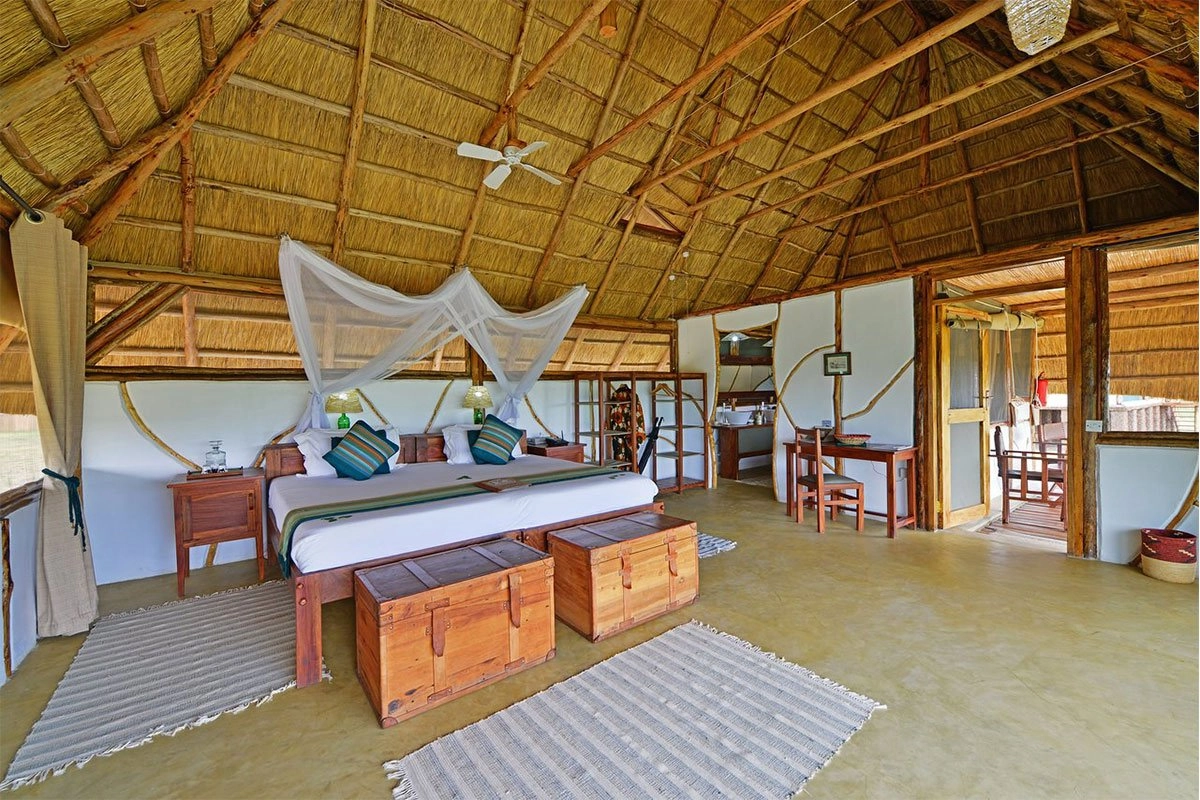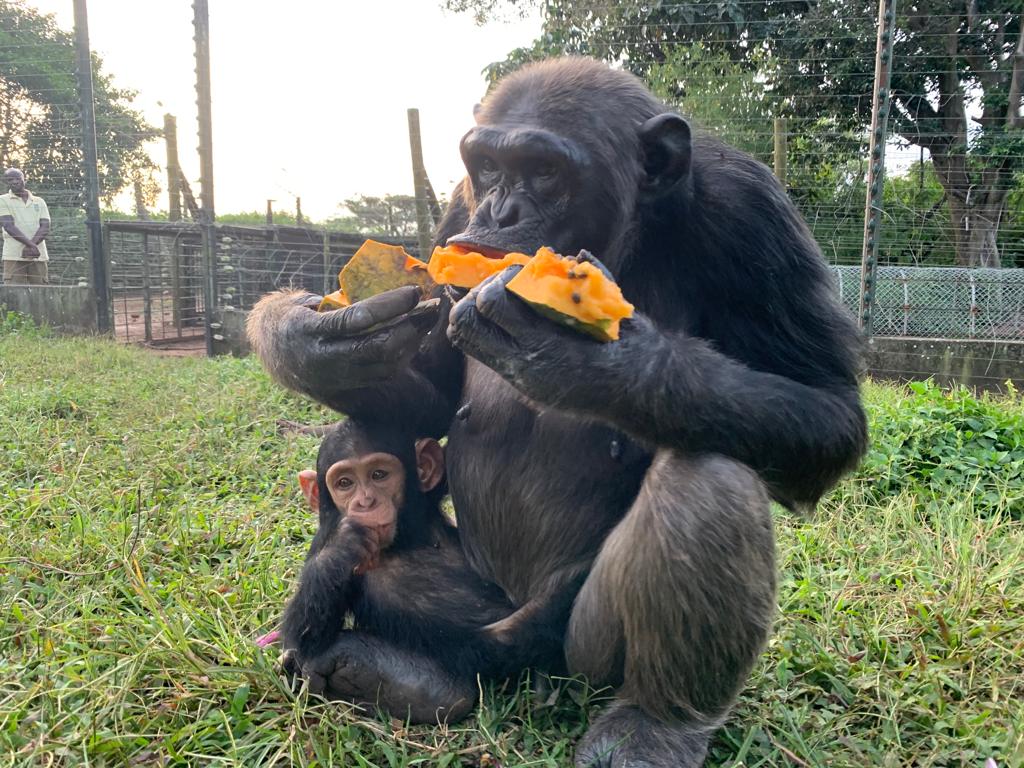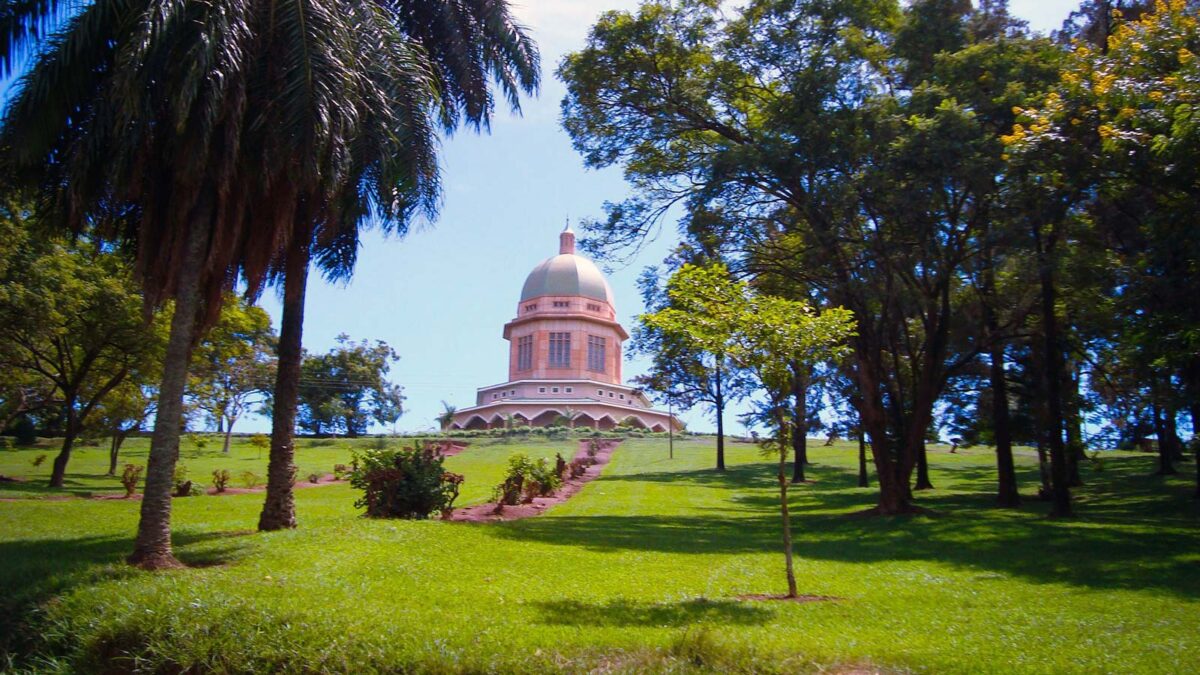
Luxury Bakers Lodge
September 3, 2023
Uganda Wildlife Education Centre’s Behind-the-Scenes Program
September 3, 2023Bahai Temple Kampala Africa: Explore Uganda’s Gorilla Tours
Discovering the Bahai Temple Kampala Africa
The Bahai Mother Temple of Africa, also known as the Mashriqu’l-Adhkar, stands as a remarkable symbol of spiritual unity. It’s not only the sole Bahá’í temple on the African continent but also one of just nine such temples worldwide. This architectural masterpiece sits atop a hill, located approximately three kilometers (around two miles) from Kampala, Uganda’s bustling capital city.
The decision to establish the first African temple in Uganda may seem somewhat enigmatic, given the faith’s substantial following in neighboring countries like Chad and Kenya. Nevertheless, historical records reveal that English and Iranian Bahá’í devotees arrived in Uganda in 1951, brimming with a fervent desire to introduce the Bahá’í faith to the local populace. Within a year, their efforts bore fruit, resulting in over 100 Ugandans embracing the Bahá’í faith. In 1953, these pioneering Bahá’í believers embarked on missions to propagate their faith in other regions.
Location and Accessibility
The Bahai Temple in Kampala, also known as the Bahai Mother Temple of Africa, sits in Kyadondo, on the outskirts of Kampala, along the Kampala-Southern Bypass. This strategic location offers convenient access, with a mere 9-kilometer journey by road from the heart of Kampala. Public transportation provides an accessible means of reaching the temple.
Exploring the Bahá’í Roots in Uganda
For those interested in delving deeper into the religious heritage of Uganda, visiting the Bahai Temple offers valuable insights. Additionally, the temple hosts gatherings, fellowships, and contributes to the restoration of the Bahá’í faith in Uganda. It is worth noting that the temple welcomes tourists throughout the year, although weekdays are typically quieter and more conducive to a reflective visit.
Kampala: A City of Many Wonders
Kampala, the vibrant capital of Uganda, is a city with much to offer. Nestled on the shores of Lake Victoria, Africa’s largest lake, Kampala boasts a unique blend of red-tiled villas and modern skyscrapers set against a backdrop of rolling hills. The city’s rich tapestry of cultures and traditions is reflected in its diverse attractions.
The Uganda National Theatre
The Uganda National Cultural Centre, also known as the National Theatre, is a hub of artistic and cultural expression. Visitors can immerse themselves in live music, film screenings, dance performances, and drama productions held within its auditorium. The complex also features bars, restaurants, and outdoor events such as jam sessions, drumming sessions, and comedy nights.
The Parliament of Uganda
The Parliament of Uganda opens its doors to the public, allowing visitors to tour this impressive edifice or observe parliamentary proceedings from Tuesday to Thursday, between 2:00 PM and 4:00 PM. To visit the Parliament building, guests are advised to dress appropriately, carry valid identification, and request permission from the public relations department.
Buganda Royal Tombs Kasubi
The Kasubi Royal Tombs serve as the final resting place for the kings and royal family members of the Buganda Kingdom. Recognized by UNESCO for its historical significance, the Kasubi Tombs offer visitors a glimpse into the cultural heritage of the kingdom. The site features impressive grass-thatched huts, originally constructed as a palace for Kabaka Mutesa I in 1882. After his passing, it was transformed into a burial ground.
African Traditional Markets in Kampala
Kampala’s vibrant craft markets, often referred to as craft villages, are brimming with colorful treasures. Visitors can peruse a wide array of crafts, including prints, baskets, paintings, pottery, and jewelry. Some markets are permanent fixtures, such as the Craft Village located behind the National Theatre and the Craft Centre on Buganda Road. Others are weekly or monthly, including those in the Makindye suburb and in front of the Railway Station in the city center.
The Uganda Museum
Established in 1908, the Uganda Museum holds the distinction of being the oldest museum in East Africa. Its exhibitions offer a window into Uganda’s cultural heritage, featuring ethnological and natural historical displays. Visitors can explore an extensive collection of traditional musical instruments and even try their hand at playing them.
Local Cuisine and Dining
Kampala boasts a diverse culinary scene, with restaurants offering a unique dining experience centered on Ugandan cuisine. These eateries craft exquisite dishes using fresh, natural ingredients, showcasing top-quality produce and expert culinary techniques. The result is a delectable fusion of flavors that is as visually pleasing as it is delicious.
Art and Galleries
Kampala’s burgeoning art scene is characterized by talented artists showcasing an array of impressive and eccentric creations. These artworks span various mediums, including paintings, crafts, prints, and more. Visitors can support local artists by purchasing unique pieces for their homes or as gifts.
Boda Boda Adventure
Touring Kampala on a boda boda, or motorbike taxi, is an authentic and thrilling way to explore the city. Boda bodas navigate the city’s many hills, offering passengers an opportunity to witness Kampala’s diverse landscapes from various vantage points. These motorbikes trace their origins to the border between Uganda and Kenya, where they were first dubbed “bado boda.” While boda bodas are a speedy means of navigating the city, they should be approached with caution.
Wandegeya Market
Situated in the school district of Kampala, Wandegeya Market exudes youthful energy. This bustling market houses boutiques, salons, fresh produce stalls, and offices. It is also renowned for serving the legendary Rolex and TV Chicken, popular street foods in Kampala. A Rolex comprises an omelet, raw tomatoes, grilled chicken, fries, and an assortment of vegetables like cabbage, tomatoes, carrots, and green pepper. If you find yourself in Wandegeya, a visit for a taste of Rolex or TV Chicken is highly recommended.
The Parliament of the Buganda Kingdom in Bulange Mengo
Bulange Mengo serves as the administrative and parliamentary center of the Buganda Kingdom. The building’s construction began in 1955 when Ssekabaka Mutesa returned from exile in Scotland, armed with a drawing detailing how he envisioned it. Completed in 1958, this historic site provides valuable insights into the history and culture of Buganda. It’s essential to adhere to the cultural norms of the Buganda people when visiting, particularly regarding attire. To plan your visit to the Bahai Temple in Kampala Africa and explore Uganda’s gorilla tours, contact Trek Africa Expeditions, your trusted travel partner in Uganda.

